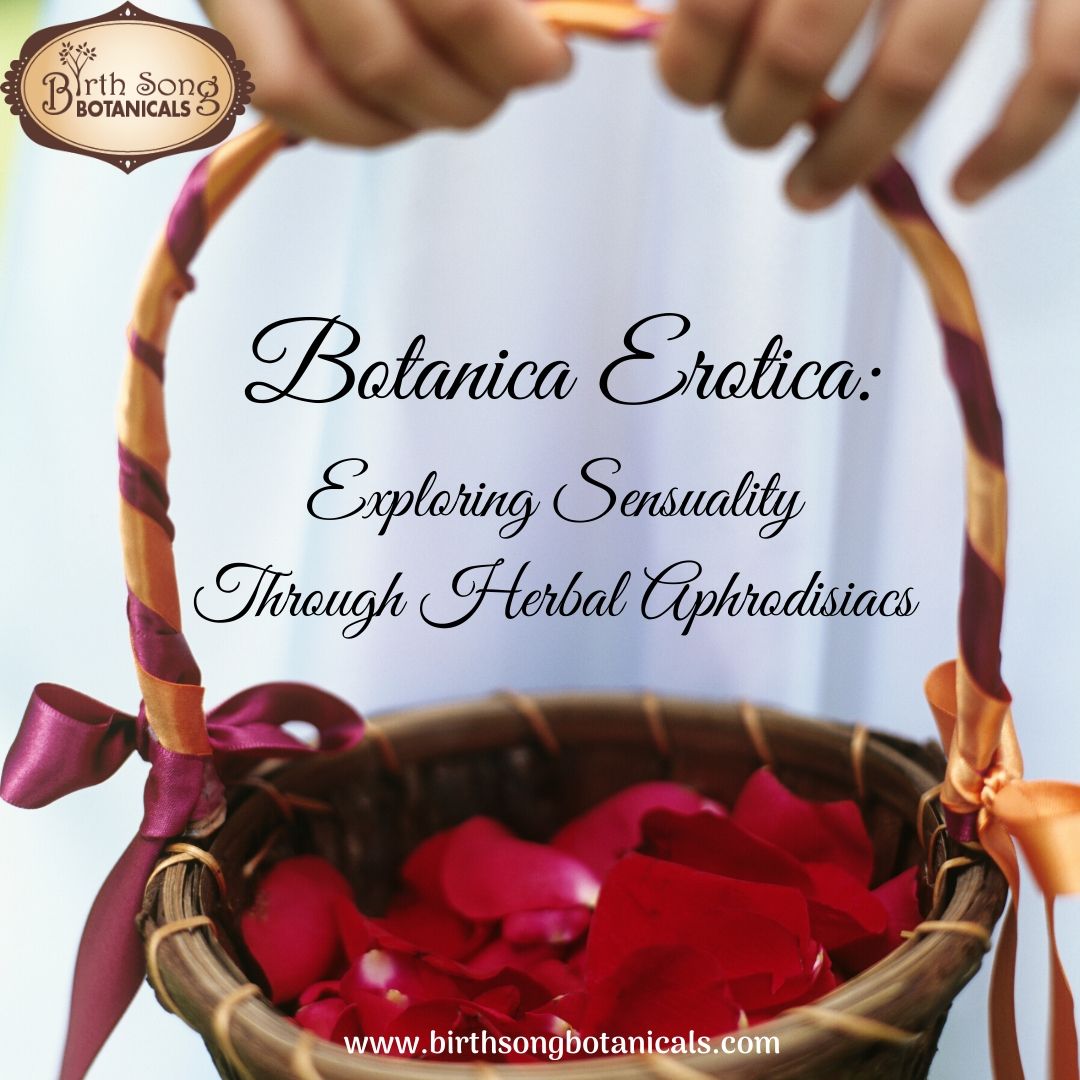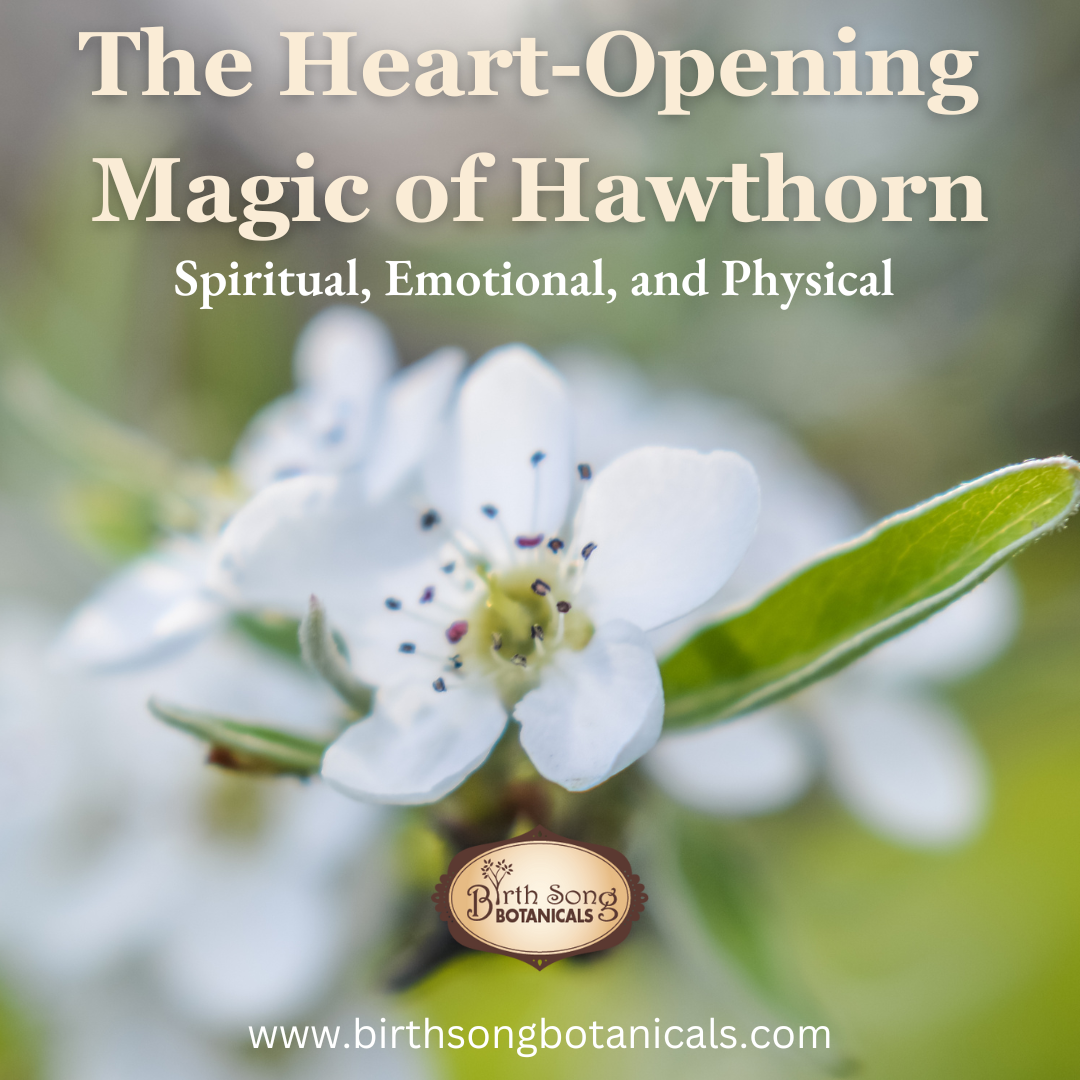What Would it Look Like to Have A Society Free From Racism?

Watch On Youtube:
Listen on SoundCloud:
I'm here today to bear witness to systemic racism. To bear witness means to acknowledge that something is real. Racism and trauma are very real. Each of us has experienced generational trauma that is held in our bodies, our blood, and our bones.
My voice is tiny and is full of the wrong words to adequately address systemic racism. None the less, I feel compelled to share my voice to support the collective.
Now is not the time to stand idle and be silent. It's time to support black lives and people of color. It is also a time of deep reckoning and self-assessment of all the ways we as white women have perpetuated racism without even being aware of it. I considered myself to be on the right side—one of the good white people.
Today's message is about how I, Maria Chowdhury, am learning and unlearning about the consequences of systemic racism.
I have two insights that I want to share. These are things that we already know, but when you feel them in your body, your heartbreaks.
Personally, this last winter, I grappled with self-worth. Each of us needs to feel valued, seen, heard, be safe, and be respected, regardless of our performance and profession. When I stopped attending births, my actions changed, and I could not see how I was contributing enough to society anymore. I lost my value. Like most people, I looked for my value outside myself- in my performance, in others accepting me, in my work- only to be rejected.
Of course, our self worth and value is ultimately found within. The greatest love is self-love and the awareness that you are a part of something bigger than us it is God. That love is within you.
I'm saying that to say on an individual level, we all go through this process at some point in time of our lives. We question our identity and our self-worth.
Systemic racism perpetuates this feeling and messaging of not being worthy to an entire group of people. Black men and women, indigenous men and women, Latin, Hispanic, Asian, Jewish, and all the people of color and minorities. As a society, racism says you are not worthy and have no value except for what you can do or produce for "me." If you are not able to do what the oppressive system demands, then you might as well not be here at all, and your life is of very little consequence and is disposable.
Let that sink in. That is so painful and hurtful, yet people of color live with that message every day in their schools, workplaces, cities, courts, hospitals, and health care systems. It is so draining, debilitating, damaging.
The second insight that came to me this week is how systemic racism has permeated midwifery. I've known for a long time that my very profession is rooted in poverty and racism.
Here is a brief Arkansas Midwifery history lesson.
Back in the 1940's Arkansas had two major problems. Racism and poverty. Clearly, we still grapple with these issues.
In the 1940s, Arkansas was segregated. Black women in the delta were dying in childbirth. White women in the mountains were dying of childbirth. These two groups of women were different from each other, yet they had some common threads. Both groups were poor, uneducated, illiterate, and did not have access to medical care. The white women could not get to the hospitals because they did not have vehicles, and the distance was too great. Besides, they could' t pay once they go there. The black women were not allowed into the hospitals.
So, Arkansas came up with a midwife training program to train midwives to go out into these communities and serve the women and hopefully save lives. In some ways, the training program was unrealistic with their rules and protocols that did not accurately teach women how to attend a biological birth. The midwives had cumbersome paperwork and unnecessary hoops for them to jump through to be licensed. Again much like what modern midwives face today.
However, at that time, there were 100's of midwives serving the women of Arkansas, and many of them were black midwives. Fast forward to today, there are currently less than 40 licensed midwives and 0 black midwives in Arkansas.
Very few modern black women choose home birth today. This is partially because there are no black midwives to provide culturally appropriate care. Choosing a home birth is expensive, and there is a social stigma around having a midwife because it means you are going back to the old oppressive ways, and black women want to move forward and not go back.
I am acutely aware that my profession would not be legal or exist as it does today if it were not for the hard work and dedication of the unrecognized and unacknowledged black granny midwives saving lives of the women of their communities.
Also, we all know that modern black women die 2-3 times more in childbirth than white women and other women of color. This is a genuine problem that midwives must seek to resolve.
I'll admit, I looked for racism in the medical community, in the insurance companies, the policymakers, the pharmaceutical companies. It never occurred to me to look for it in the profession of midwifery until now.
Jennie Joseph is a midwife who is rising in the birth community as a powerful black leader. I encourage you to get involved, donate, and learn more about her schools and birth center. https://www.facebook.com/MidwifeJennie/
As I sit here humbly reflecting, learning and unlearning. It makes me ask what does racial equality look like?
Last night I was on a call with black women leaders in the community, and this is what they said,"
We visioned: "what would it look like to have a society free from racism?'
- Systemic Equity (everyone would get what they need, and people would be met where they are)
- Showing compassion, empathy, care, kindness
- Mindfulness is a moment by moment practice.
- Kindness
- Forgiveness is rampant
- Reconciliation and restoration underlie our systems.
- Radical Generosity
- Seeing the best in others first-(rather than seeing them as wrong or dangerous)
- Being intentional and understanding the impact of our actions on the lives of other people
- See the earth and all creatures as a part of who we are and vital to our existence
Written by, Adria Kitchens: One Small Change Inc.
One last thing,
We, as people who are standing in solidarity, know that we are capable of holding the paradox. What I mean is that what's happing right now and what has been happing for a very long time is heartbreaking. It is terrifying. And at the same time, we are going to be ok. And the breaking down of systems and barriers to equality can be exciting and necessary, while, at the same time, break our hearts wide open.
Where do we turn our broken hearts?
We lean into the pain. The pain reveals our next steps. We all don't need to just run out and try to fix it. This is not a quick fix. This is a life long battle that takes generations to do the right thing, even when no one is looking.
In women's empowerment groups, we talk about our path to self-actualization and wholeness. It is clear to me that we can never be whole ourselves if our brothers and sisters are not whole too. We cannot self actualize by our selves, we must have shared commitments, to listen to each other, question our own assumptions, support financially, share resources, create new policies, and keep showing up even if we don't know what to say, and that we know we will say it wrong!
It is clearly not enough to remain silent nor to just be not racist. We must vocal, take action, and be anti-racist.
I stand in reverence and solidarity with black lives matter.
And I do hope that this movement maintains its momentum to ripple out to help all the Latin and Hispanic men, women, and children that ICE has detained, and are still held captive in detention centers.
Remember, ICE is another expression of police brutality.
Until next time my friends drink deep and walk in beauty
Hugs,
Maria



